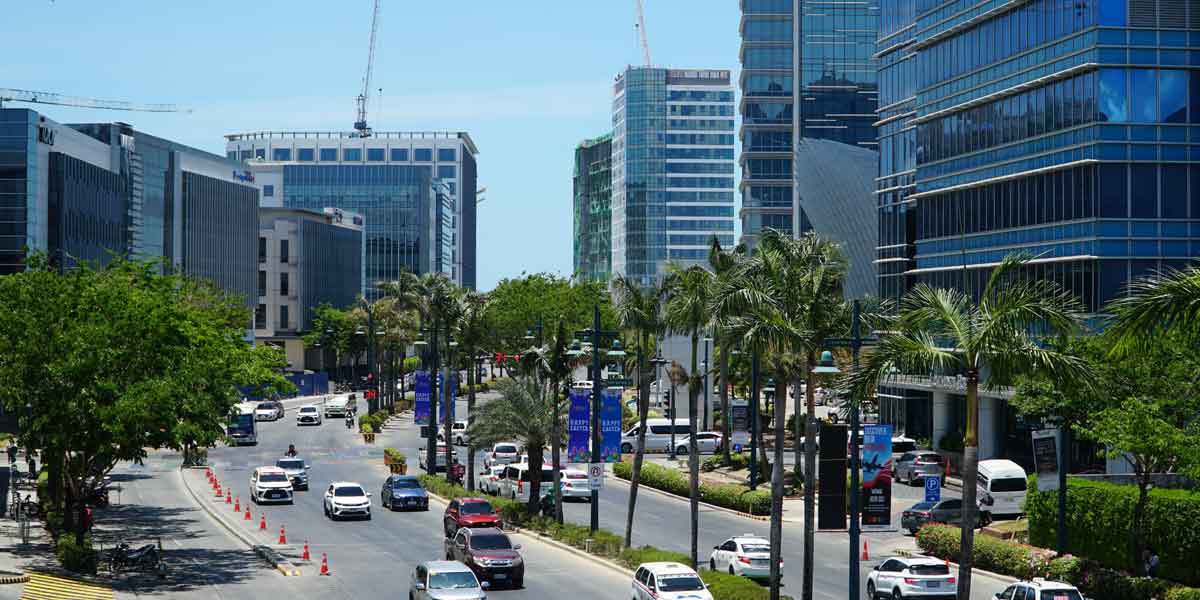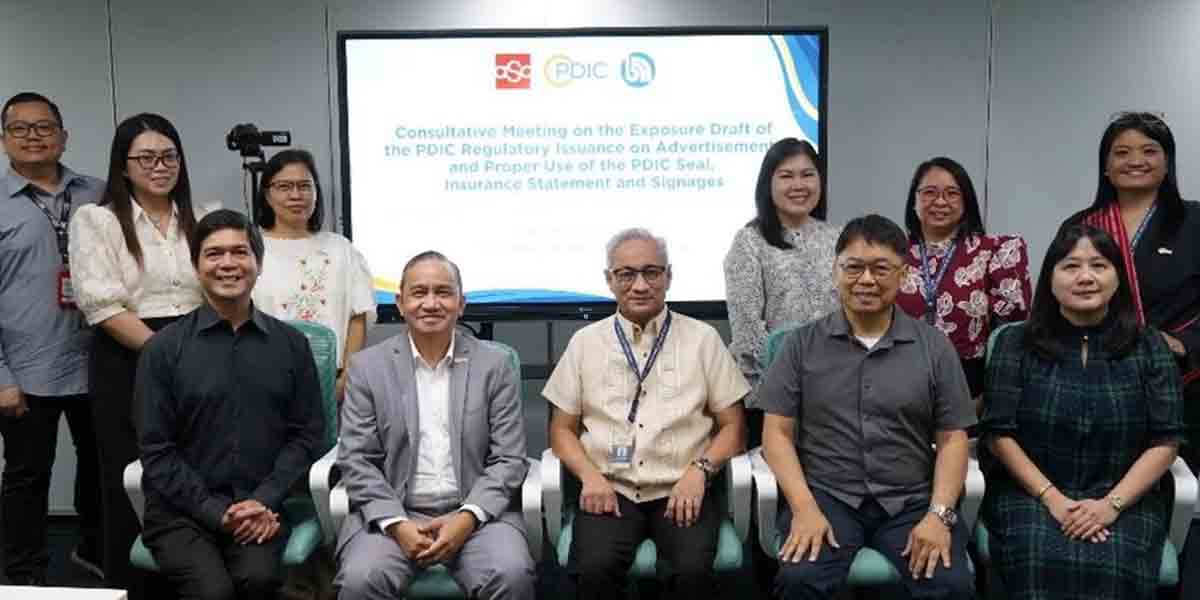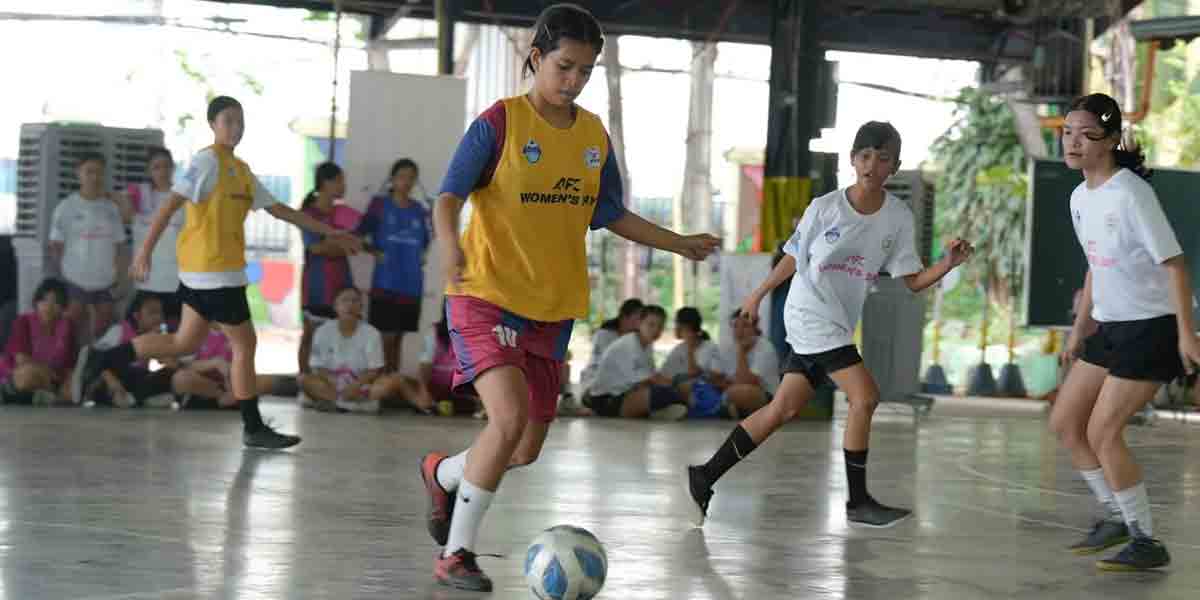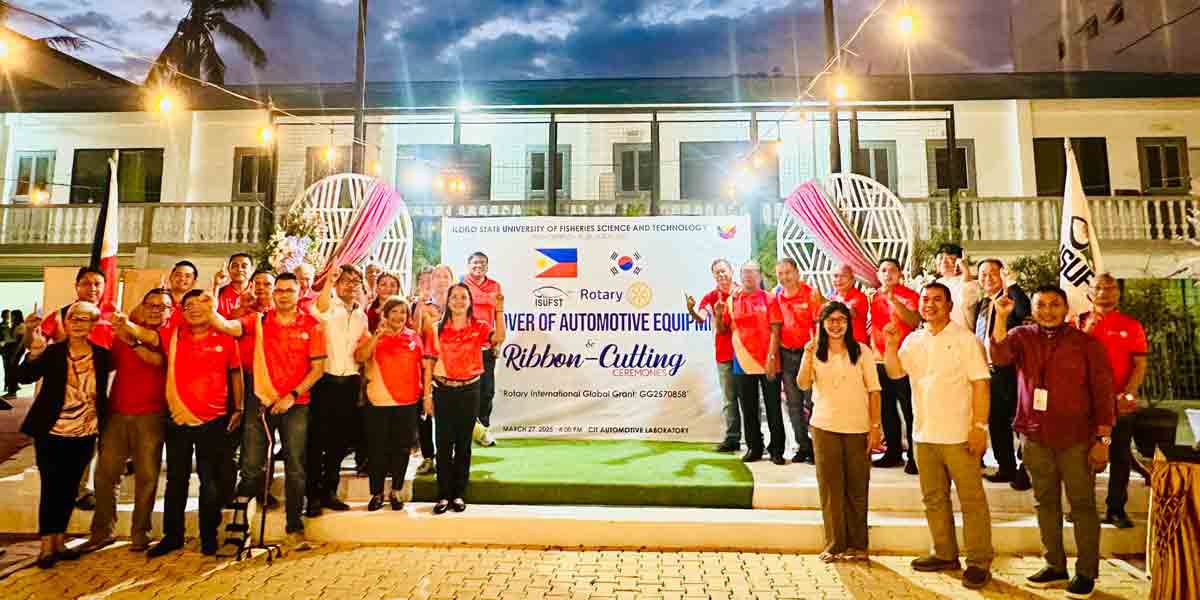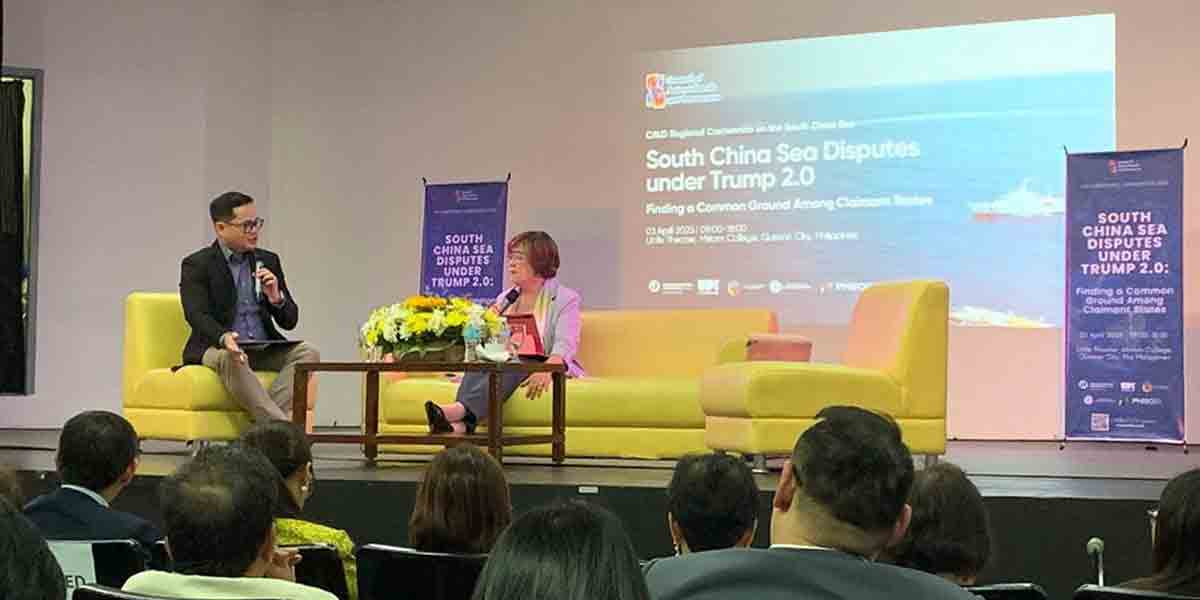By Herman M. Lagon
DepEd Region VI is beginning to make significant strides toward innovation in the ever-evolving world of education, where tradition sometimes feels like it is trailing behind. The 2024 Literacy and Numeracy Innovation Showdown, held from December 3-6 at the Punta Villa Resort in Iloilo City, showcased a region actively rethinking how we approach learning. There has been significant progress, but there is still a long way to go and plenty of new ideas to discover. But the event underscored a vital point: DepEd Region VI is heading in the right direction, threading a path toward meaningful change in education, though there is still much room for growth.
Being part of the panel of judges alongside experts from ISUFST, UPV, and WVSU was an insightful experience. I saw firsthand how regional education leaders tackle learning challenges with creative, innovative solutions. What stood out most was the genuine passion for improving the classroom experience. What was particularly refreshing was the understanding that true innovation does not just mean using technology for technology’s sake. It is about addressing real, pressing issues with practical, scalable solutions, yet mindful of the students’ needs.
One standout example was the mobile app designed to track student progress in math. In a gamified format, the app allows students to work at their own pace and receive immediate feedback. It can potentially transform the learning experience by giving students more control over their education. Though this strategy is fascinating, the true difficulty is ensuring that every student—especially those from underprivileged or rural areas—has access to these resources. Closing the digital divide and making sure every student can profit from these developments still needs much work.
Another highlight of the showdown was how many projects emphasized local context. One project, for instance, integrated farming-related examples into math lessons. Students measured fields and estimated crop yields, making math more relevant to their daily lives. This connection to real-world experiences is essential for engagement. Still, it also presents a challenge—how do we ensure these localized solutions can be scaled across a region with such diverse communities? This is an area where further refinement and expansion will be needed.
A key lesson from the event was the importance of research and data in shaping innovation. Educators in Region VI took the time to gather feedback, analyze test scores, and assess learning challenges before launching projects. For instance, a digital storytelling project aimed at improving literacy was introduced only after thorough research on its effectiveness. This data-driven approach is still in its early stages, and while it is a promising start, this research must continue to drive the development of new methods. More investment in data collection and analysis will ensure that innovations are targeted and truly meet the needs of students.
Collaboration stood out as another key theme. Schools worked together to develop gamified learning experiences that could be adapted to their local cultures. These projects proved that innovation can mean something other than starting from scratch. But here is where growth is still needed: while collaboration across schools is valuable, stronger systems need to be in place for sharing resources, knowledge, and results. Schools need more structured opportunities for collaboration that allow them to not only learn from each other but also build sustainable partnerships.
What was most impressive about DepEd Region VI’s approach was the “small but deep” method many educators adopted. Instead of launching large-scale initiatives without testing, many innovations started small, allowing educators to refine and tweak before scaling up. This ensures sustainability, as each idea is allowed to prove itself before being expanded. However, one potential growth area is the speed at which these smaller projects can be scaled. The challenge is finding a balance between testing ideas and implementing them on a wider scale, ensuring that successful innovations don’t remain confined to small circles.
A significant takeaway from the event was the consistency with which every innovation aligned with curricular goals. Each project was designed with specific learning outcomes in mind. This careful alignment ensures that students are engaged and mastering the essential skills they need. However, as more innovations are introduced, keeping this alignment at the forefront will be crucial, ensuring that fun, new ideas stay within what students need to learn.
Evaluation was also a major focus. DepEd Region VI emphasized authentic assessments, measuring the impact on student learning rather than just the number of participants or the fun factor. This is the right approach, but the region will need to keep refining how it evaluates these innovations. As these projects grow, so should the mechanisms for measuring their effectiveness. Greater consistency in evaluation across schools will help identify which strategies truly make a difference and which might need further adjustments.
What stood out the most was the clear sense that innovation in Region VI is not a one-off thing but a continuous journey. The region’s education leaders are genuinely dedicated to creating a culture where learning and improvement never stop. But, there is still a need for more solid support systems for teachers working hard to bring these fresh ideas to life. While the commitment is there, educators will need ongoing professional development to help them grow alongside these innovations.
Ultimately, the work being done in DepEd Region VI is a testament to what thoughtful, contextually relevant innovation can achieve. They are headed in the right direction, even if much remains to be discovered. They are laying the foundation for a time when education is quantifiable, flexible, sustainable, scalable, and impactful by embracing true collaboration, concentrating on research, and following curricular objectives. Amidst the learning crisis we face today, the future of education in Region VI looks bright, but only if the ongoing process of growth and learning continues with intention and focus.
***
Doc H fondly describes himself as a “student of and for life” who, like many others, aspires to a life-giving and why-driven world grounded in social justice and the pursuit of happiness. His views do not necessarily reflect those of the institutions he is employed or connected with.



